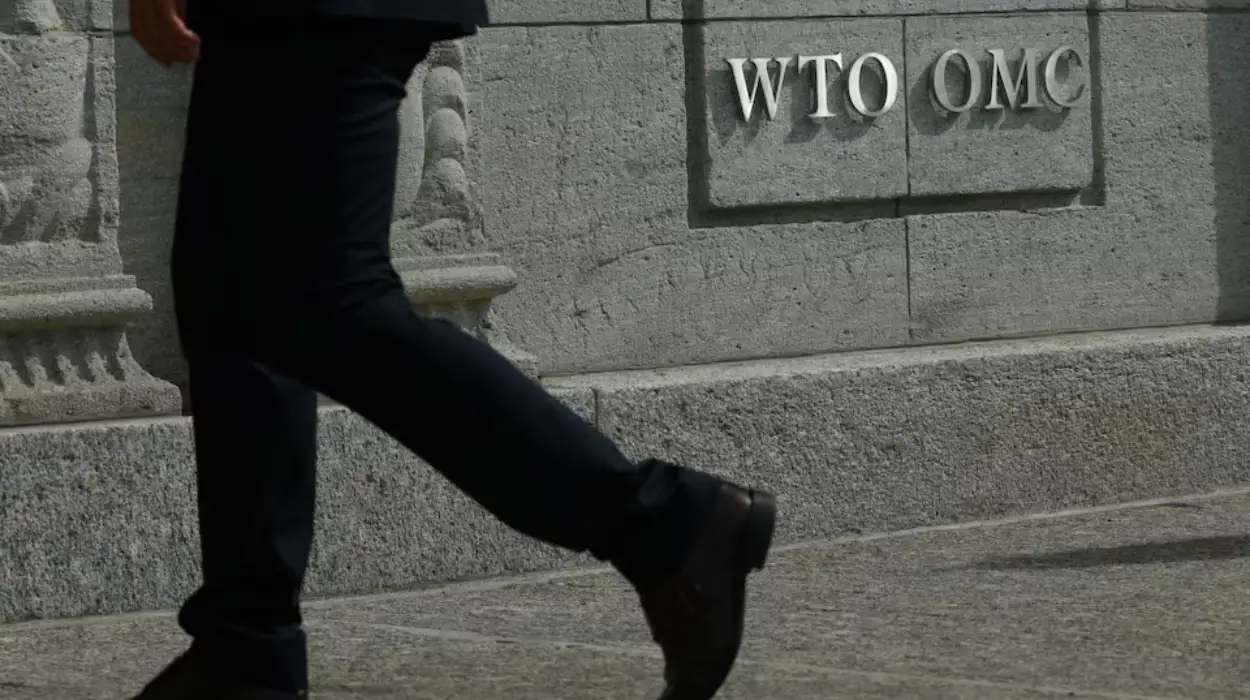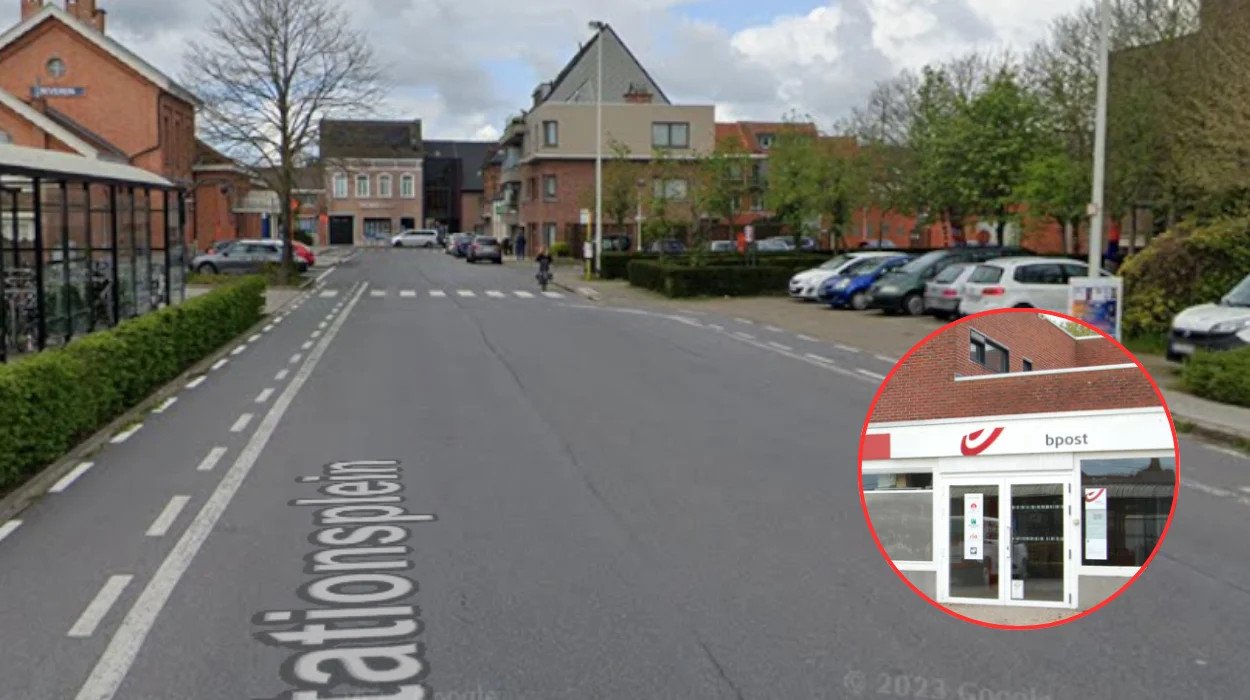Jakarta – Indonesia has urged the European Union to immediately eliminate countervailing duties on biodiesel imports following the World Trade Organization’s (WTO) support for several key claims made by Jakarta in its complaint. The call comes after a WTO panel determined that Indonesia’s export tax and levy on palm oil do not constitute a subsidy, challenging the legitimacy of the EU’s tariffs. Indonesia is the EU’s third-largest palm oil supplier, and the imposed tariffs since 2019 have significantly impacted trade, reports 24brussels.
Indonesian Trade Minister Budi Santoso emphasized the need for an immediate revocation of these duties, describing them as non-compliant with WTO regulations. The Ministry of Trade pointed out that the WTO’s findings assert that the taxes levied on palm oil exports are not considered subsidies in trade law.
The EU has maintained biodiesel import duties ranging from 8% to 18%, arguing that Indonesian producers benefit from unfair government support. The European Commission cited subsidies in the form of public grants, tax exemptions, and favorable access to raw materials as reasons for these tariffs, which have been designed to protect the EU biodiesel industry from perceived unfair competition.
Why did the EU impose duties on Indonesian producers?
Since 2019, the EU has imposed these tariffs in response to allegations that the Indonesian government provides subsidies that give local producers an unfair advantage. The EU claims that Southeast Asian biodiesel manufacturers have received advantages that distort competition in the market.
Reports indicate that the European Commission has identified instances of public aid provided to Indonesian biodiesel producers, creating an uneven playing field between EU and Indonesian companies. As a result, the EU believes these practices undermine local producers and necessitate protective tariffs.
What did the WTO ruling decide on biodiesel duties?
The WTO panel concluded that the EU’s duties on Indonesian biodiesel, which have been in force since 2019, contravene WTO regulations. The ruling stated that the export duties imposed by Indonesia do not qualify as subsidies according to WTO standards. Furthermore, the panel found that the EU failed to substantiate claims that Indonesian biodiesel imports caused significant harm to European producers.
The WTO has recommended that the EU revise its tariffs to comply with international obligations, urging a reevaluation of the guiding policies surrounding biodiesel imports. The Indonesian Palm Oil Association, GAPKI, has welcomed the WTO’s decision and called on the European Commission to ensure that forthcoming regulations, especially concerning deforestation, do not discriminate against Indonesian palm oil products.










